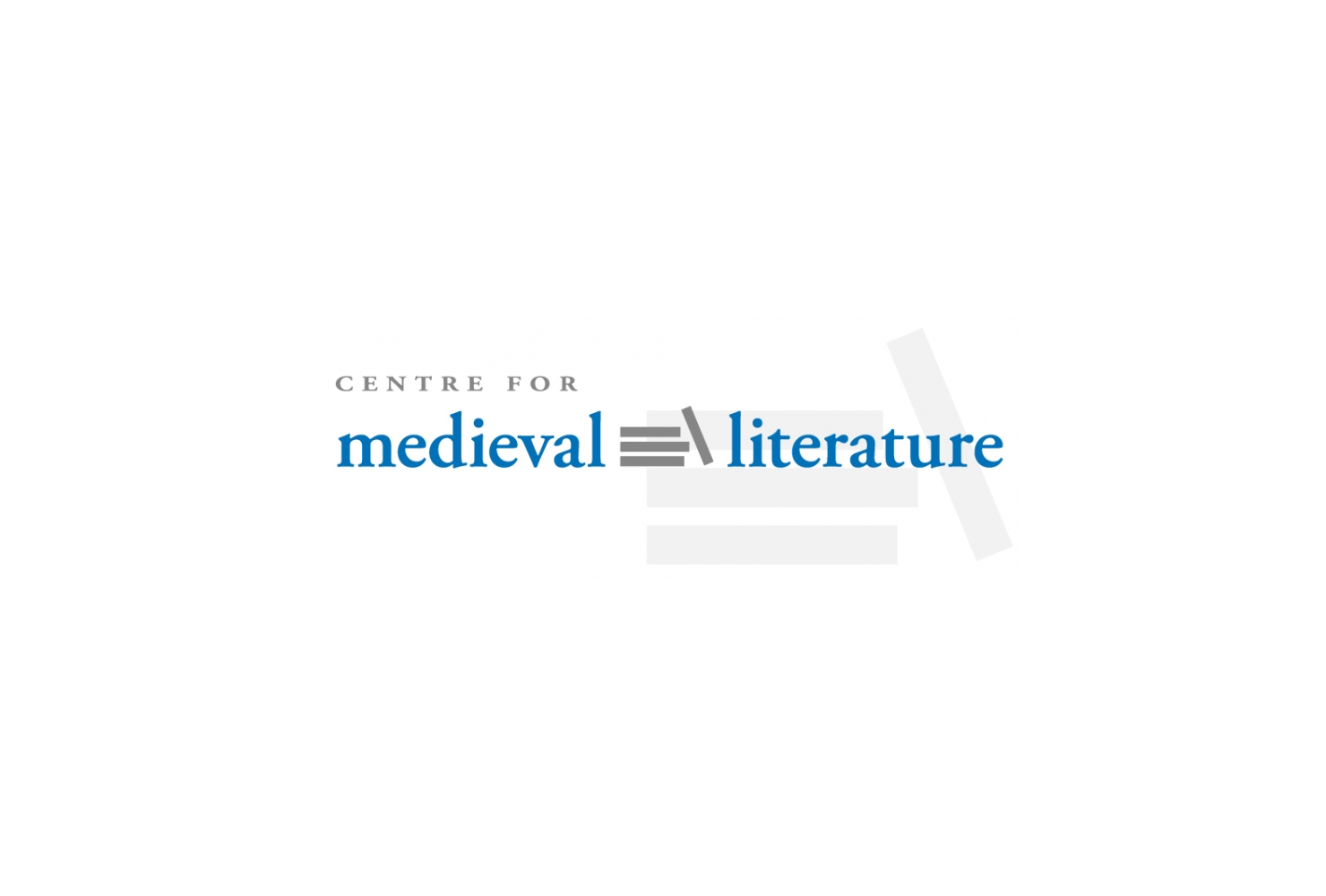
PhD defence: Rasmus Vangshardt
CML PhD Rasmus Vangshardt will be defending his PhD thesis publicly on Zoom on 19 April 2021 at 5:00 - 8:30 PM CET
CML PhD Rasmus Vangshardt will be defending his PhD thesis "The Theatrum Mundi of Celebration. Pedro Calderón de la Barca and the World Theatre as Aesthetic Theodicy". The thesis has been accepted by The Faculty of Humanities at the University of Southern Denmark for public defence on Monday 19 April at 5:00 PM CET.
Participation
The event is online via Zoom and open to the public. No registration is required.
Access through https://syddanskuni.zoom.us/j/67020277621
Summary of the thesis
“Let us look at the matter thus: May we not conceive each of us living beings to be a puppet of the Gods, either their plaything only, or created with a purpose—which of the two we cannot certainly know?” This is a question (and a claim) by the Athenian stranger in Plato’s late work Laws and one of the early full invocations of the image of the theatrum mundi in European literary history. Plato claims that experience of the world as a stage can lead to a feeling of despair: we are puppets to the gods, and they kill us for their sport. But living in the world theatre can clearly also mean that we and the world are created with a purpose. The theatrum mundi can, in other words, imply metaphysical pessimism as well as some form of justification of the world.
The theatrum mundi has not lacked attention in general histories of European literature, but an investigation into the latter possibility of the world theatre as a cause for apologetics rather than for pessimism is still lacking. The present dissertation represents the beginning of such a study by meticulously re-contextualising and close reading Pedro Calderón de la Barca’s El gran teatro del mundo (c. 1633) in order for Calderón’s awareness of the metaphor’s contact with the second part of the Platonic disjunction to emerge. By studying the genre of the auto sacramental as an autonomous art form, centered on the creation of a ‘poetic of festivity,’ the play is studied anew and the outlines of a theatrum mundi of celebration are drawn.
This interpretation leads to a new suggestion as to how the structure of the text and its core themes can be viewed. Instead of the traditional focus on the ethics of the drama’s play-within-the-play and the epistemological problems of illusion and vanitas, the dissertation makes a world theatre come to light which functions as a transformation of traditional baroque problems of crisis, death and skepticism rather than being their mere expression.
By close-reading the text in light of an apologetic world theatre, the dissertation suggests a number of new features related to the play: An analogous meaning of the word field of día, especially accessible through the medieval Quadriga; the sense of a deepening of historical time, favouring multi-temporality over the dominion of the present; the art-historical phenomena of danse macabre and chiaroscuro; the style figure of metalepsis as an apology; and the liturgical origins of the auto as a transformative ritual in religious and aesthetical sense.
With the aid of vocabularies drawn from Søren Kierkegaard, Hans Blumenberg, Hans Urs von Balthasar and H.-G. Gadamer, these analyses lead to a concept of Calderón’s world theatre as an aesthetic theodicy which works to transform the horrors of empirical existence into a vindication of the world.
The dissertation’s last focus is philosophico-historiographical and probes the dualism of the Middle Ages versus modernity in the way literary history is written. The dissertation discusses the popular urge to see Calderón as a ‘first modern’ next to Descartes and Shakespeare and demonstrates how assumptions of early modern sentiments are often connected with pessimistic and skepticist accounts of the theatrum mundi. The dissertation argues that a more complex theatrum mundi emerges when the necessary relation between early modernity and philosophical pessimism is questioned and when the beginning of modernity is not defined as a radical break with the Middle Ages.
Thereby, the dissertation offers a way to acknowledge that the Janus Face of the trope is not transferable to a linear Western history where the apologetic and celebratory tendency was Catholic and medieval, and the pessimistic one modern and secular. Rather than being a question of Christianity versus modernity, the theatrum mundi emerges as a battle for the world between two conflicting experiences of it; a struggle which has taken place within the areas of theology, philosophy, and art.
Finally, the study suggests that the celebratory world theatre as portrayed in the case of Calderón’s El gran teatro del mundo would enable a better understanding of a range of uses of the trope in later Germanic modernity, namely Goethe, Schiller, the Schlegel brothers, Eichendorff, Wagner, von Hofmannsthal, Robert Musil and Ernst Jünger. Thereby, Calderón’s world theatre becomes the beginning of an alternative current in literary modernity.